The ACLU Sues Loogootee, Indiana for Blocking a Pride Festival
The ACLU is suing the city of Loogootee for blocking PrideFest, claiming city restrictions on public events violate the First Amendment.

The American Civil Liberties Union filed a lawsuit against Loogootee, Indiana, claiming that city leaders intentionally blocked attempts to hold a Pride Festival there.
The small city of 2,600 people hosted its first-ever PrideFest, last year at the Public Square, a parcel of city-owned property at the center of the town. Approximately 200 people attended the event, held without disruption.
PrideFest’s organizers, the Patoka Valley AIDS Community Action Group, expected it would be green-lit this year and filed an application in November 2023 to hold it on September 7, 2024. At the time, the city council approved the request.
However, the Loogootee City Council later passed two new ordinances that changed the application process for using city property, and the failed to vote on a resubmitted application from PrideFest organizers, according to the ACLU’s lawsuit, which was filed in U.S. District Court for the Southern District of Indiana.
In February, the council passed the first ordinance, which overhauled the procedure for staging events in public spaces. This resulted in PrideFest’s initial permit being revoked.
The ordinance stated that public events and gatherings should be held at Loogootee City Park, though the Public Square could still be requested through an application process
Moving PrideFest to Loogootee City Park, which is far from the city center, would remove PrideFest from public view.
The February ordinance also required that organizers of events wishing to use public property other than Loogootee City Park submit a request to the Board of Public Works and Safety and the city council. However, no standards or criteria were outlined for how either body would determine whether to approve a request to hold an event outside of the park.
Further, any group wishing to use the stage at the Public Square would now have to pay $800, and provide proof of liability insurance. The ordinance did not set a specific limit, saying only that the Board of Public Works and the Council would determine the amount of liability insurance required to host an event on the stage.
Shortly after the ordinance passed, organizers filed a new application for PrideFest, requesting the use of the stage and partial closure of streets bordering the Public Square.
Members of Patoka Valley AIDS Community Action Group, who have attended the Council’s monthly meeting, noted that the PrideFest application has been on the agenda, but council members never discussed or voted on it.
Then, on June 10, the council passed a second ordinance revising the criteria further.
Among those changes are a requirement that applications for special events be filed with the city clerk no less than 45 days prior to the proposed event, a non-refundable fee whose amount has yet to be determined, expensive insurance requirements, and sound restrictions on planned events.
PrideFest organizers say the June 10 ordinance is an attempt by city officials to justify rejecting their application.
In its lawsuit on behalf of the organizers, the ACLU claims that the special events ordinance and its various provisions violate the right to free speech and freedom of assembly as guaranteed by the First Amendment to the U.S. Constitution.
The lawsuit claims the ordinance’s standards are arbitrary, vague, and discriminatory. It also claims that the ordinance allows the city to charge extra for “extraordinary services” based on the city’s “assessment of the subject matter of the event and how non-participants may react to it.”
The June 10 ordinance, it says, creates “a burdensome and lengthy process that is unrelated to any legitimate governmental need and imposes an unconstitutional burden on expression in public places.”
“The latest city special events ordinance is unconstitutional in many ways,” ACLU of Indiana Director Ken Falk said in a statement. “It, and the actions of the City Council, clearly indicate that Councilmembers are trying to deny our plaintiffs the ability to hold their event because they disagree with a celebration of the LGBTQ community.”
The ACLU is asking a federal court to block the city from enforcing its ordinance and allow PrideFest to take place on September 7.
PrideFest organizers have noted that other festivals, including some that are more costly to the city, have been allowed to move forward, including Loogootee Summer Fest, a three-day event held in the Public Square, whose organizers allegedly did not apply for a permit, and an “Appreciation Day BBQ” held by a local church, which took place on May 25, without any prior approval of permits or discussion at Loogootee City Council meetings.
Support Metro Weekly’s Journalism
These are challenging times for news organizations. And yet it’s crucial we stay active and provide vital resources and information to both our local readers and the world. So won’t you please take a moment and consider supporting Metro Weekly with a membership? For as little as $5 a month, you can help ensure Metro Weekly magazine and MetroWeekly.com remain free, viable resources as we provide the best, most diverse, culturally-resonant LGBTQ coverage in both the D.C. region and around the world. Memberships come with exclusive perks and discounts, your own personal digital delivery of each week’s magazine (and an archive), access to our Member's Lounge when it launches this fall, and exclusive members-only items like Metro Weekly Membership Mugs and Tote Bags! Check out all our membership levels here and please join us today!








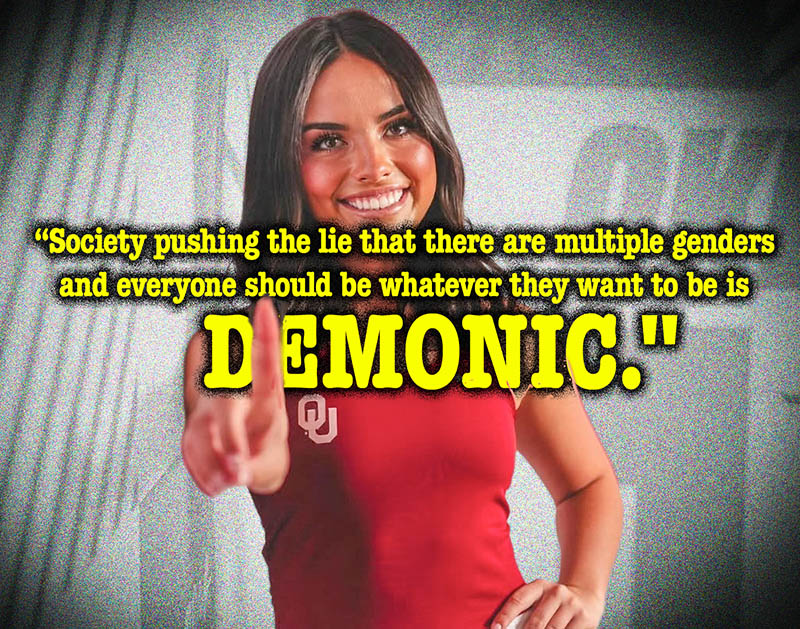
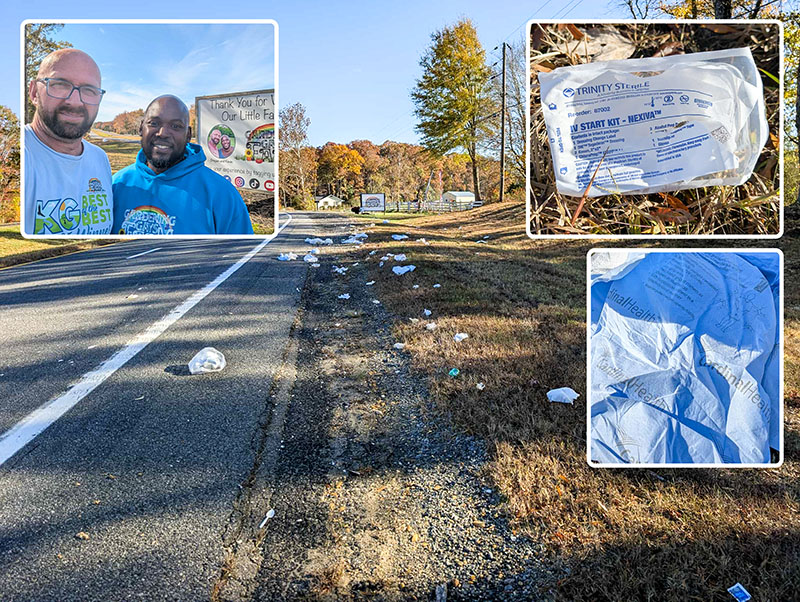
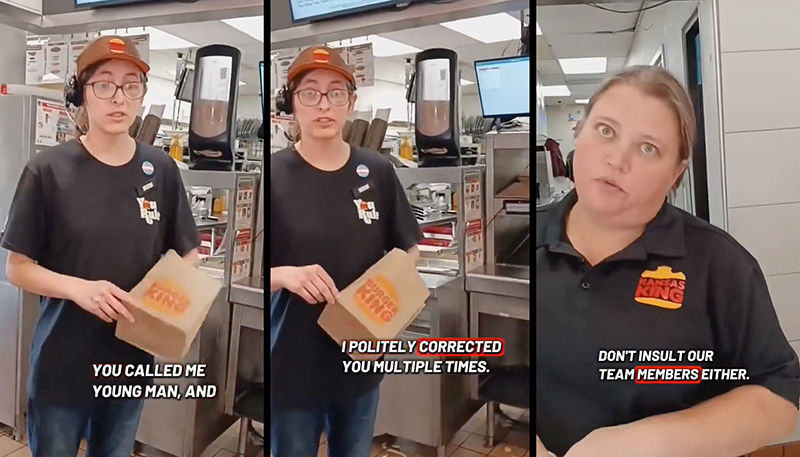














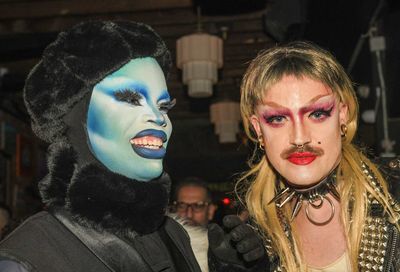
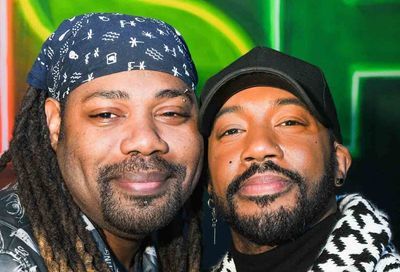
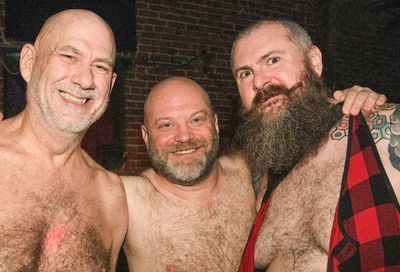
You must be logged in to post a comment.